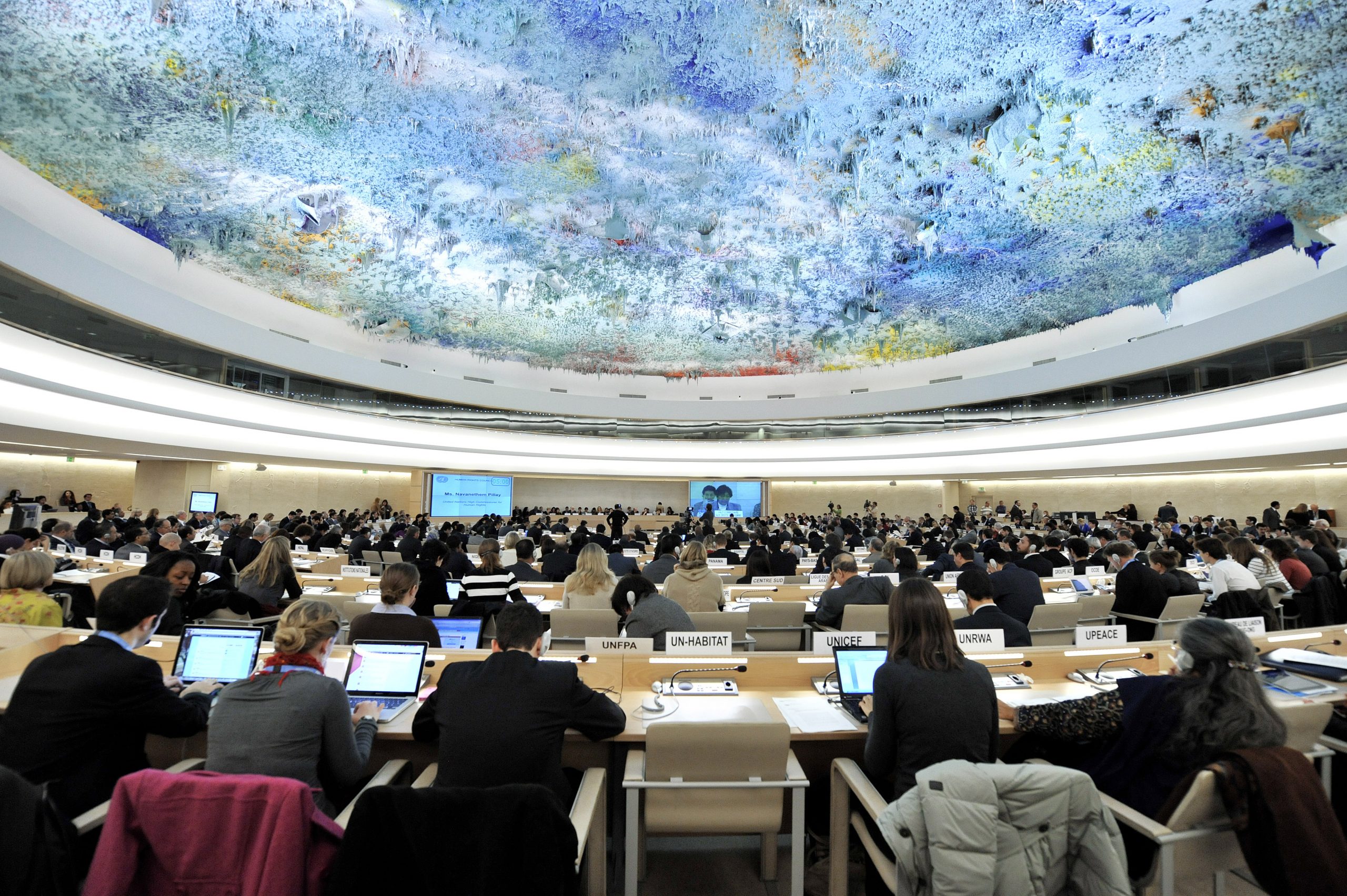Film Review: Brother Number One
By Laura Reed, M.A. in Human Rights Studies Candidate at Columbia University
“I am deeply honored and moved to be here today, given the opportunity to speak. I realize that this is a privilege made available to a few, especially compared to the numbers of families that suffered under the Khmer Rouge regime.”– Rob Hamill, in the opening statement of his testimony at the trial of Comrade Duch in Cambodia.
[vimeo]http://vimeo.com/26093819[/vimeo]
Brother Number One, featured at the 2012 Human Rights Watch Film Festival in New York, is a powerful documentary film that explores the legacy of the Khmer Rouge regime in Cambodia. Directed by New Zealand filmmaker Annie Goldson, this film depicts the personal journey of Rob Hamill as he travels to Cambodia to testify in the recent trial of former Khmer Rouge leader Duch at the UN-backed war crimes tribunal.
A film about this period in Cambodian history, relayed through the story of a New Zealand family’s experience, is bound to raise some eyebrows...

